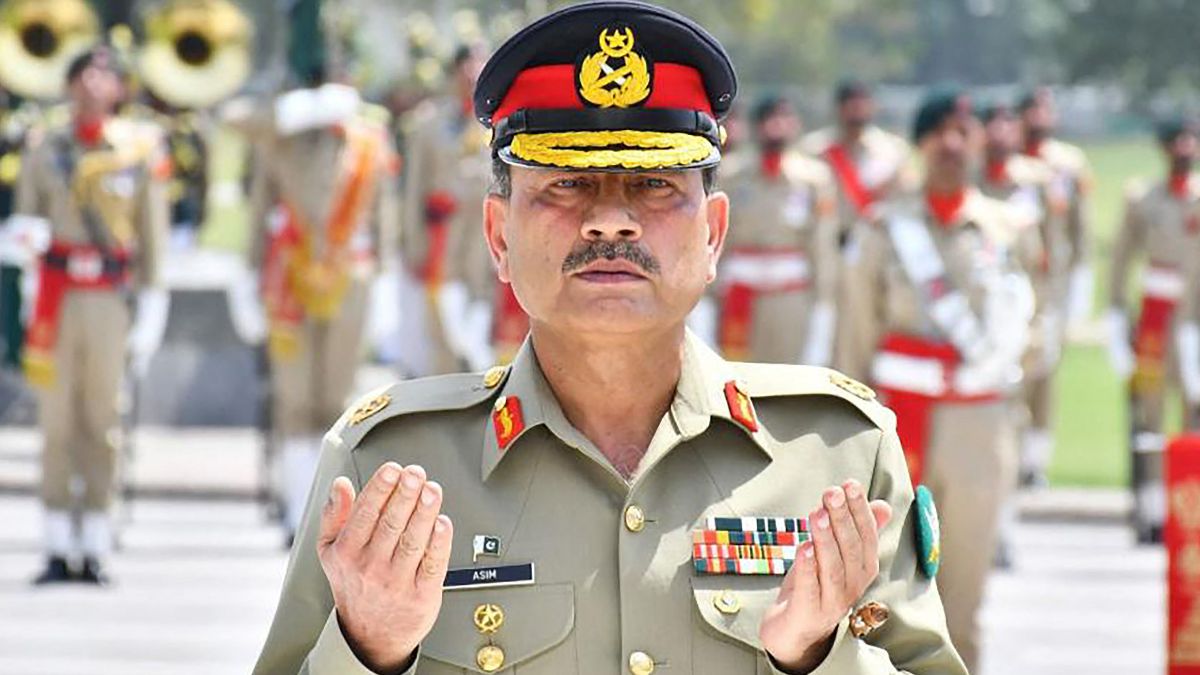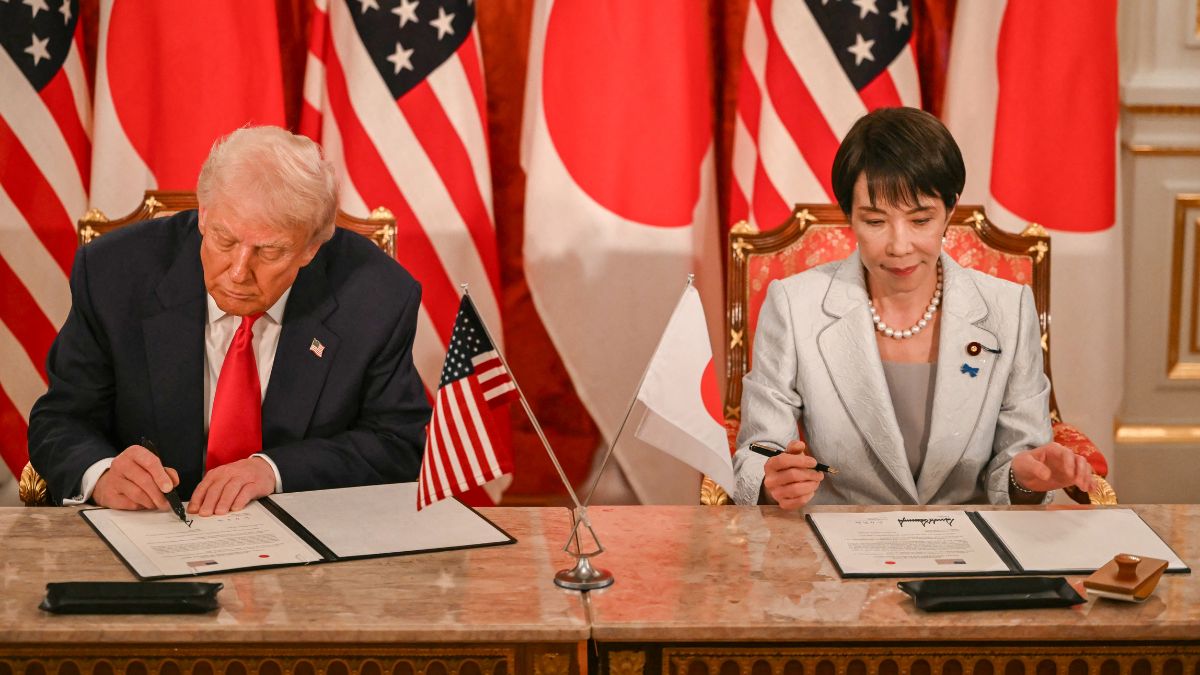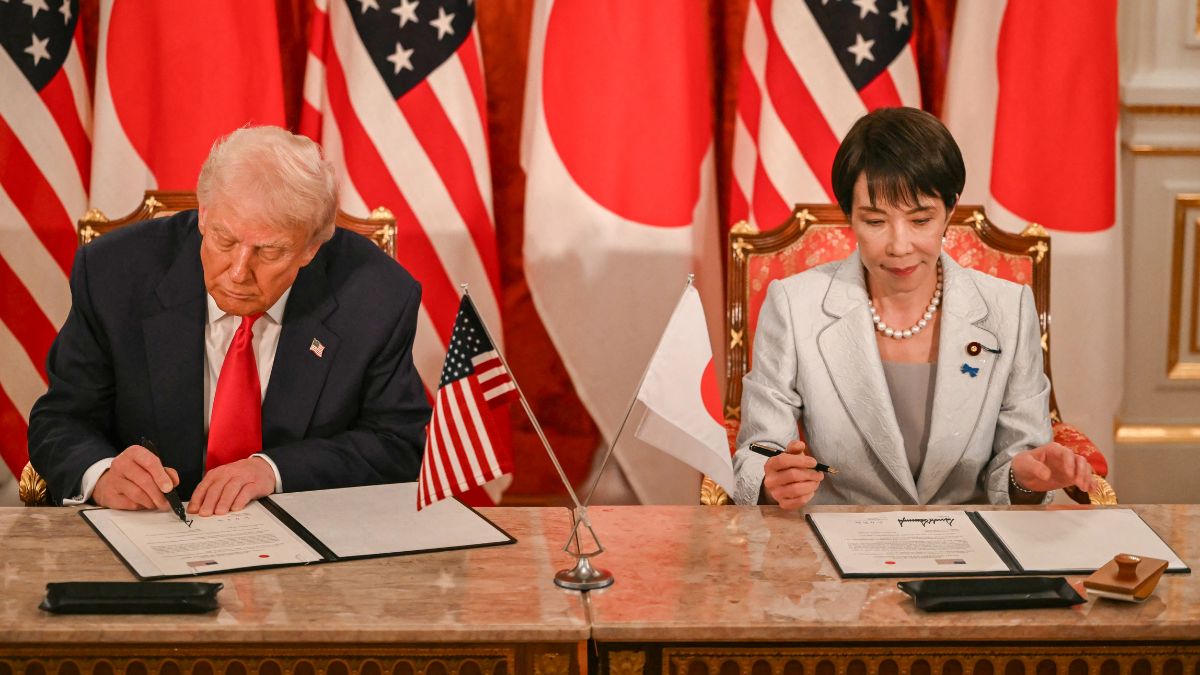Pakistan’s Field Marshal Asim Munir has become the country’s most powerful Army chief ever. On Thursday (November 27), he took over as the first Chief of Defence Forces (CDF), a position that would empower him to control the army, navy and air force.
This comes after Pakistan’s Parliament approved the contentious 27th Amendment to the Constitution, which created the position that has put Munir in charge of Pakistan’s military. As the amendment comes into force from today, Munir has become the overall commander of the Pakistani armed forces.
Let’s take a closer look.
Asim Munir is the new CDF
Asim Munir is Pakistan’s first CDF after the 27th Amendment to the Constitution abolished the position of Chairman of the Joint Chiefs of Staff Committee (CJCSC).
This post was created in 1976 by former Prime Minister Zulfikar Ali Bhutto after structural changes were introduced in the military in the aftermath of Pakistan’s defeat in the 1971 war with India.
The CJCSC served as the symbolic head of the armed services, who ensured coordination among the army, navy, and air force. However, in reality, the Pakistan Army maintained oversized clout over the other services, with 15 of the total 18 CJCSCs coming from the army.
Current CJCSC General Sahir Shamshad Mirza retired today, bringing an end to the decades-old role.
The 27th Constitutional Amendment also revised Article 243, which stated that “the Federal Government shall have control and command of the Armed Forces” and that “the Supreme Command of the Armed Forces shall vest in the President”.
Quick Reads
View AllNow, the President will appoint the Chief of Defence Forces and the Chief of Army Staff (COAS), in consultation with the Prime Minister, for a term of five years.
What powers does Munir have now?
Asim Munir will remain Pakistan Army’s chief while simultaneously assuming the post of the CDF.
Sources told News18, Pakistan’s armed forces are undergoing a deep structural revamp, with new formations, revisions in command layers, and sweeping organisational reforms likely in the cards.
There could be promotions, transfers, and fresh postings in the three services as the new post becomes operational.
Munir will be at the helm of Pakistan’s armed forces till at least 2030. The amendment also allows for increasing the tenure of the CDF.
He would have retired on Thursday itself. However, an amendment last year extended the tenure of the service chiefs from three to five years, shifting Munir’s regular retirement date as army chief to November 27, 2027.
The 27th Constitutional Amendment also provides unchecked legal power to Munir, on par with the President. The CDF, as well as the air force and navy chiefs, cannot be prosecuted.
If Munir, as CDF, gets the power to influence promotions, it would establish the supremacy of the army over the other two services in Pakistan.
As per local media, there is ambiguity over who would control transfers, postings, and promotions in the air force and navy.
The amendment also reduced the government’s oversight over the army, reported Dawn.
Munir has been empowered to recommend appointments to the position of Vice Chief of Army Staff (VCOAS), which will then be authorised by the federal government. However, the field marshal is unlikely to appoint a Vice Chief of Army Staff just yet, as per Dawn.
There is also a proposal to create a Commander of the National Strategic Command, a position supervising Pakistan’s nuclear forces. Under the amendments, this commander will be appointed from the army by the Prime Minister on the advice of the army chief.
According to Dawn, this indicates a shift in control of Pakistan’s most sensitive assets away from the collegial National Command Authority (NCA), which ensured civilian oversight and inter-service balance, toward a single service.
Former human rights minister and defence academic Dr Shireen Mazari told the Pakistani daily that this change could have serious operational implications.
“Effectively, all nuclear weapons and delivery systems will be under the army’s control, including second-strike missiles which normally fall under naval command,” she said. “This could lead to command-and-control problems and time delays, especially in a war-like situation.”
How CDF post makes Munir all-powerful
The creation of the post of Chief of Defence Forces has given Munir overarching control of all three services — the army, air force and navy.
“Field Marshal Asim Munir has become the most powerful man in Pakistan,” defence analyst Naeem Khalid Lodhi, a retired lieutenant general, told the AFP news agency. “The politicians are responsible for making him even more powerful. For their short-term interests, they have put Pakistan’s long-term interests at stake,” he added.
Defence experts warn that putting an army chief as the head of the Pakistani military, with authority over the other two services as well, is a recipe for disaster.
“By placing an army officer as the Chief of Defence Forces with authority over the Air Force and Navy, the proposed system invites institutional imbalance and potential disaster,” retired Lt Gen Asif Yasin Malik, a former defence secretary, said to Dawn.
“This amendment appears tailored to benefit a specific individual rather than to strengthen the defence structure,” he said.
According to Shuja Nawaz, an author and expert on South Asia, the amendment seems as a survival strategy for Pakistan’s lawmakers. Politicians “renewed their insurance policy,” he told AFP. “Munir’s five-year term will outlast theirs, and they expect his support when elections come.”
Nawaz said the army chief now “probably has as much power” as the late Pakistani military ruler Pervez Musharraf, who seized power in 1999. “Like Musharraf, he has a subservient prime minister and the authority to reshape the army’s structure,” he said.
Nawaz pointed out that Munir, as CDF, can now overhaul military command and “modernise the force”.
With inputs from agencies


)

)
)
)
)
)
)
)
)



